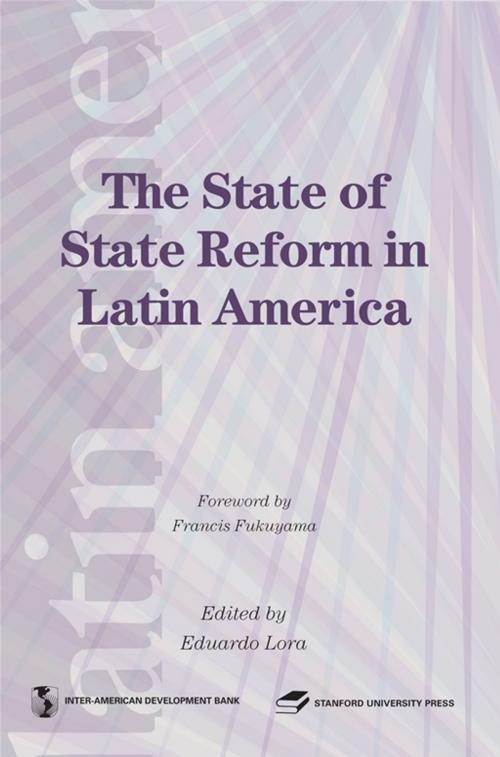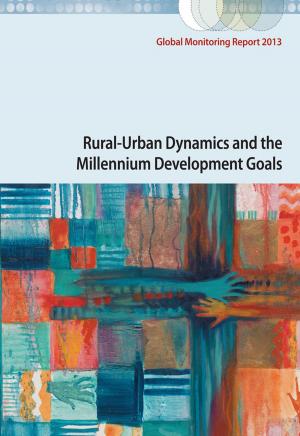The State Of State Reform In Latin America
Nonfiction, Social & Cultural Studies, Political Science, Government, Public Policy| Author: | Lora Eduardo | ISBN: | 9780821365755 |
| Publisher: | World Bank | Publication: | October 23, 2006 |
| Imprint: | Language: | English |
| Author: | Lora Eduardo |
| ISBN: | 9780821365755 |
| Publisher: | World Bank |
| Publication: | October 23, 2006 |
| Imprint: | |
| Language: | English |
Latin America suffered a profound state crisis in the 1980s, which prompted not only the wave of macroeconomic and deregulation reforms known as the Washington Consensus, but also a wide variety of institutional or "second generation" reforms. The State of State Reform in Latin America reviews and assesses the outcomes of these less studied institutional reforms. This book examines four major areas of institutional reform: a) political institutions and the state organization; b) fiscal institutions, such as budget, tax and decentralization institutions; c) public institutions in charge of sectoral economic policies (financial, industrial, and infrastructure); and d) social sector institutions (pensions, social protection, and education). In each of these areas, the authors summarize the reform objectives, describe and measure their scope, assess the main outcomes, and identify the obstacles for implementation, especially those of an institutional nature.
Latin America suffered a profound state crisis in the 1980s, which prompted not only the wave of macroeconomic and deregulation reforms known as the Washington Consensus, but also a wide variety of institutional or "second generation" reforms. The State of State Reform in Latin America reviews and assesses the outcomes of these less studied institutional reforms. This book examines four major areas of institutional reform: a) political institutions and the state organization; b) fiscal institutions, such as budget, tax and decentralization institutions; c) public institutions in charge of sectoral economic policies (financial, industrial, and infrastructure); and d) social sector institutions (pensions, social protection, and education). In each of these areas, the authors summarize the reform objectives, describe and measure their scope, assess the main outcomes, and identify the obstacles for implementation, especially those of an institutional nature.















